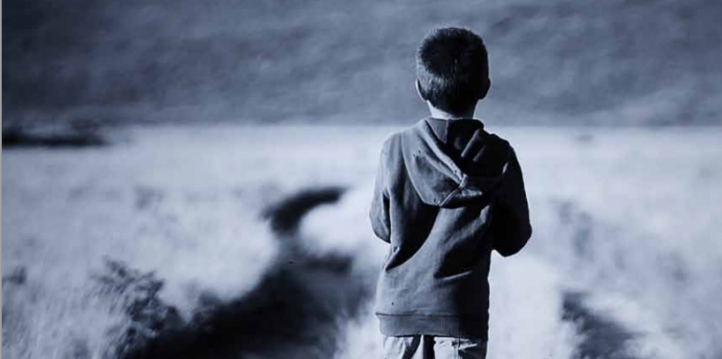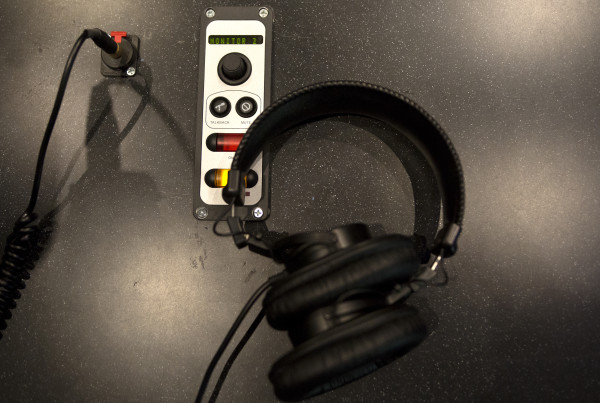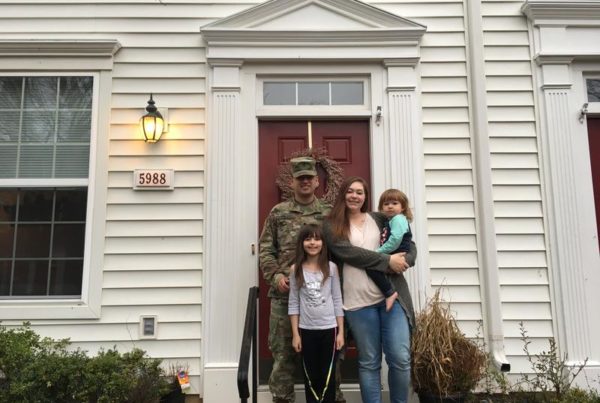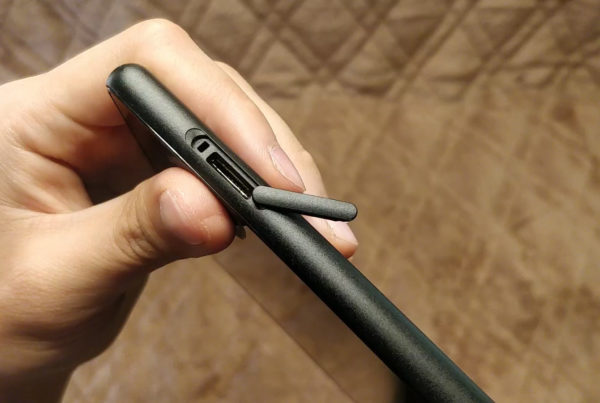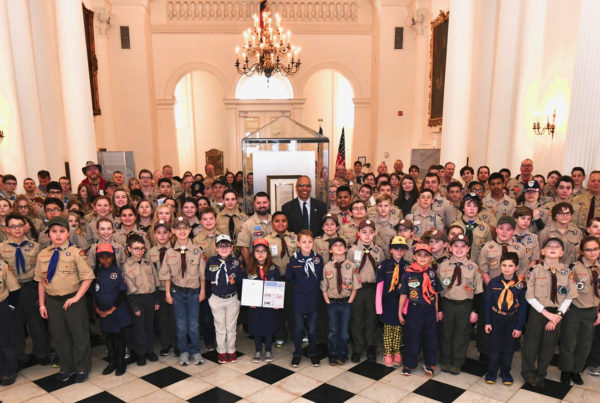On Wednesday, The New York Times published an article with a dark, grainy photo of a man carrying a small child through a desolate cornfield. The man was a U.S. Border Patrol agent, and the child was a 3-year-old whom smugglers apparently had abandoned. The child’s name and a phone number were written on his shoes.
The Times’ Manny Fernandez, who co-reported the story, says these cases are more common than some may think. Indeed, according to the article, Border Patrol apprehended almost 9,000 unaccompanied children in March alone. He says that’s because often when families from Central America – primarily from Guatemala, Honduras and El Salvador – flee their country to come to the U.S., members don’t always come together.
“The entire family doesn’t come; you’ll have one or two children left behind from that family,” Fernandez says. “So you have people who have the child at that point, who are not the child’s guardians and sometimes who are being paid only to deliver the child.”
He says Border Patrol told him smugglers, who are sometimes the ones bringing a child to the U.S., tell the family to write identifying information on the child so that Border Patrol will know who they are, and, in theory, be able to more easily reunite them with relatives.
“These families get so desperate that, to them, it makes sense,” Fernandez says. “To them, they think, ‘Okay, I’m gonna give my child to this person, I’m gonna pay for this service,’ and they promise to give them to the Border Patrol, not really understanding, I think, the danger that they’re putting their child in.”
As for the 3-year-old in Fernandez’s story, he says Border Patrol has not yet been able to reunite him with his family. He says they tried the phone number written on his shoes, but the agency said the numbers “were not a big help.” Right now, the boy is in Border Patrol custody in McAllen.
“He’s being cared for by these contracted child care workers that work at that facility,” Fernandez says. “They work at that facility because they have so many of these very young, unaccompanied children who come in there.”
He says dealing with the wave of unaccompanied child migrants is emotionally difficult for Border Patrol agents, many of whom are parents.
“They do these little things for these kids,” Fernandez says.
One agent bought the 3-year-old boy new clothes.
“Human nature, and small children just being left alone – it tugs at the heartstrings of everyone,” Fernandez says.
=
Written by Caroline Covington.


